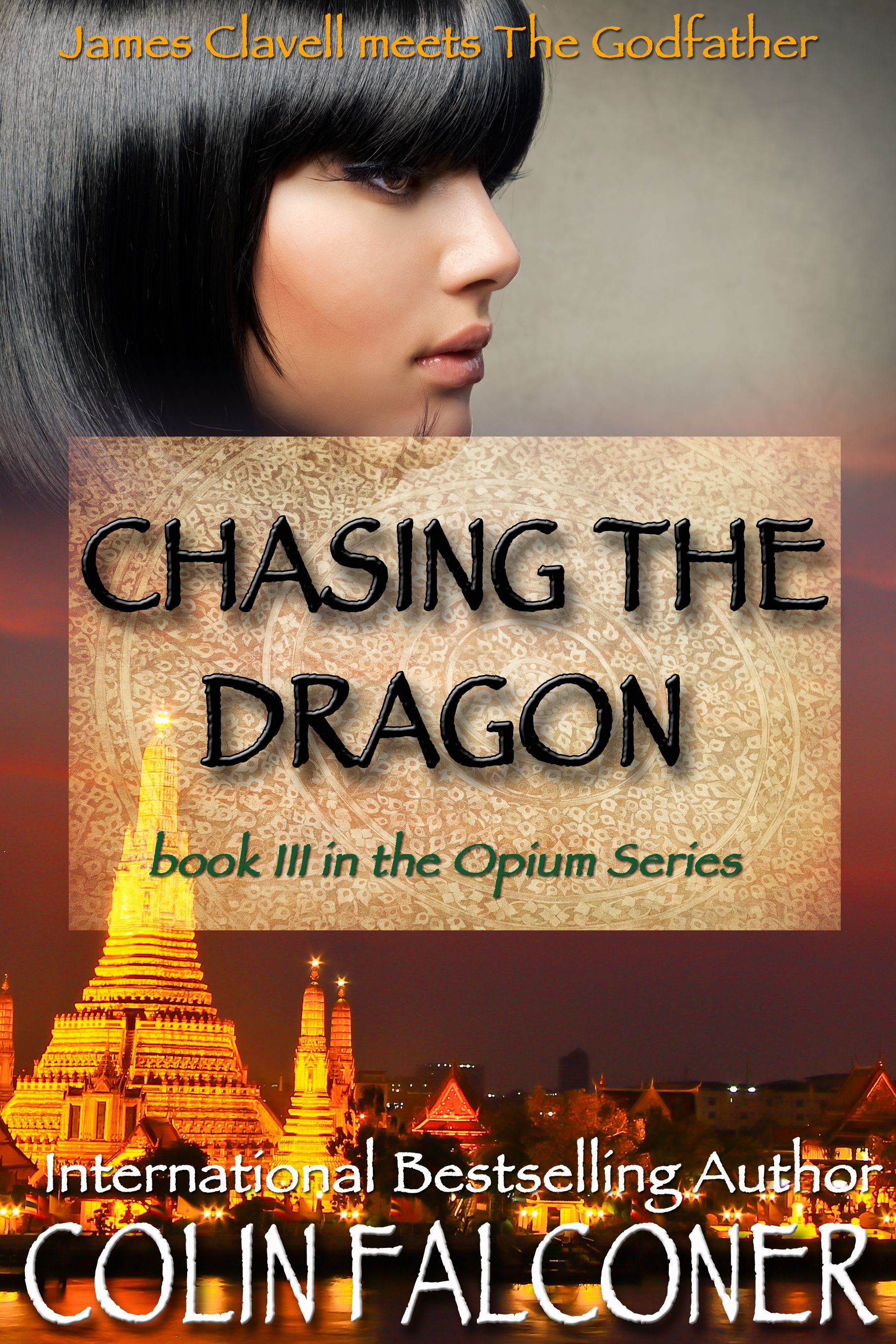I referenced the Stanley Milgram experiments.
“[Milgram’s] tests were designed to measure the willingness of subjects to obey an authority figure who told them to perform acts that conflicted with their personal conscience.’
The experiments strongly suggest that we are prone to surrender our personal scruples to anyone or anything we construe as a higher authority.
CJ Driscoll wrote an impassioned follow to it, emphasising how we must all take responsibility for our own actions. Here is her post here: http://sjdriscoll.wordpress.com/2011/12/05/the-devil-made-me-do-it/
I wholeheartedly agree with her. This experiment can’t be taken as an excuse - but its implications do bear closer scrutiny.
One of the reasons I write is my fascination at the human condition and the dilemma we all find ourselves in. And what started me on this originally was the question: Why did good men like Joe Paterno not do more to protect the children involved in the Sandusky case?
I really don’t think you can say Joe was not a good man. He is adored at Penn State, has donated millions of his own money back to the university and his sport.
But even he has said he wishes he’d done things differently back then.
My question then: can we always be sure that we - if we see ourselves as good people - will always do good things?
The Dr Phil show recently featured some discussion about this very subject.
In one experiment a man dressed in a uniform asks people in the street to do the most ridiculous things. As you see, they comply. See what happens when he does the same thing and is not in a uniform.
In the next scenario, a man is given a taser by a man in a uniform and told to guard a suspect for him. If he moves, zap him. See what he does.
Yep, he fried him twice. No hesitation.
Now see what this woman does. There’s no direct video link, so click the link and then click on the blue underlined camera under the photos.
http://drphil.com/slideshows/slideshow/6011/?id=6011&slide=1&showID=1529&preview=&versionID=
The woman was that last guy’s wife. She expressed no surprise at what her husband did - but she herself wanted no part of it. It was really heroic of her - because you can see how agitated she was during this episode.
Okay, let’s go one step further: consider this. What if the man in the uniform was a policeman and produced his badge to prove it? Zap or not zap?
All right. What if he said that guy had just raped or murdered someone? We only have his word for it, though. Would you zap him then?
Now he shows you his badge and tells you this guy has just killed a fellow cop?
Okay to zap now?
But authority figures are not always this blatant. What do we do when that authority figure is a more subtle?
For example, what if that authority figure is our country? What might patriotism make good people do?
What if it’s God? (or how God is interpreted by a preacher or an imam?)
What will we do then?
Would we take take part in 9/11 (those guys thought they were heroes, obeying God) or rendition (‘we have to protect our country at all costs.’)
I do believe that we must take responsibility for our own actions; but does this not mean that we must then question all authority, whatever that authority is. Even if it’s country? Even if it’s the local interpretation of God?































test
Another thought provoking post. This is my answer, and I won't claim it's the right answer for everyone. If a true police officer handed me a taser and left me to guard a suspect with the explicit instructions to zap him if he tried to escape, I'd zap him-no hesitation. If the officer proved to me he was a police officer, then I think I need to trust him unless he proves untrustworthy.I wouldn't accept a weapon and that kind of responsibility from someone I wasn't sure was legitimate though.
It is hard to comment to this post, because there is so much to say and think about! To zap or not to zap… Personally, I think it's a case by case decision. Different information creates a different decision, for sure. Heck, different ethical perspectives would create different outcomes for the potential zapper. It seems to me that an individual has to know themselves, what they believe in and their limits for what they will do, to decide when or not to zap. And then they have to be willing to live with the consequences of their actions. I do believe the taser incident is different from active duty during a war, though. Alot of a person's choices about what they will do is taken from them when they are in a combat situation - not just because the government is giving orders, but because they are in a kill or be killed type of situation. The actions of a military person outside of those situations are what defines them as being moral or not.
Thanks Marcie, and thanks Lara. It's a tough one, isn't it? I agree with you Lara that it's really good to think about these things BEFORE you're in the situation. It's all something to think about, isn't it - and no pat answers. Thanks to you both for your comments.